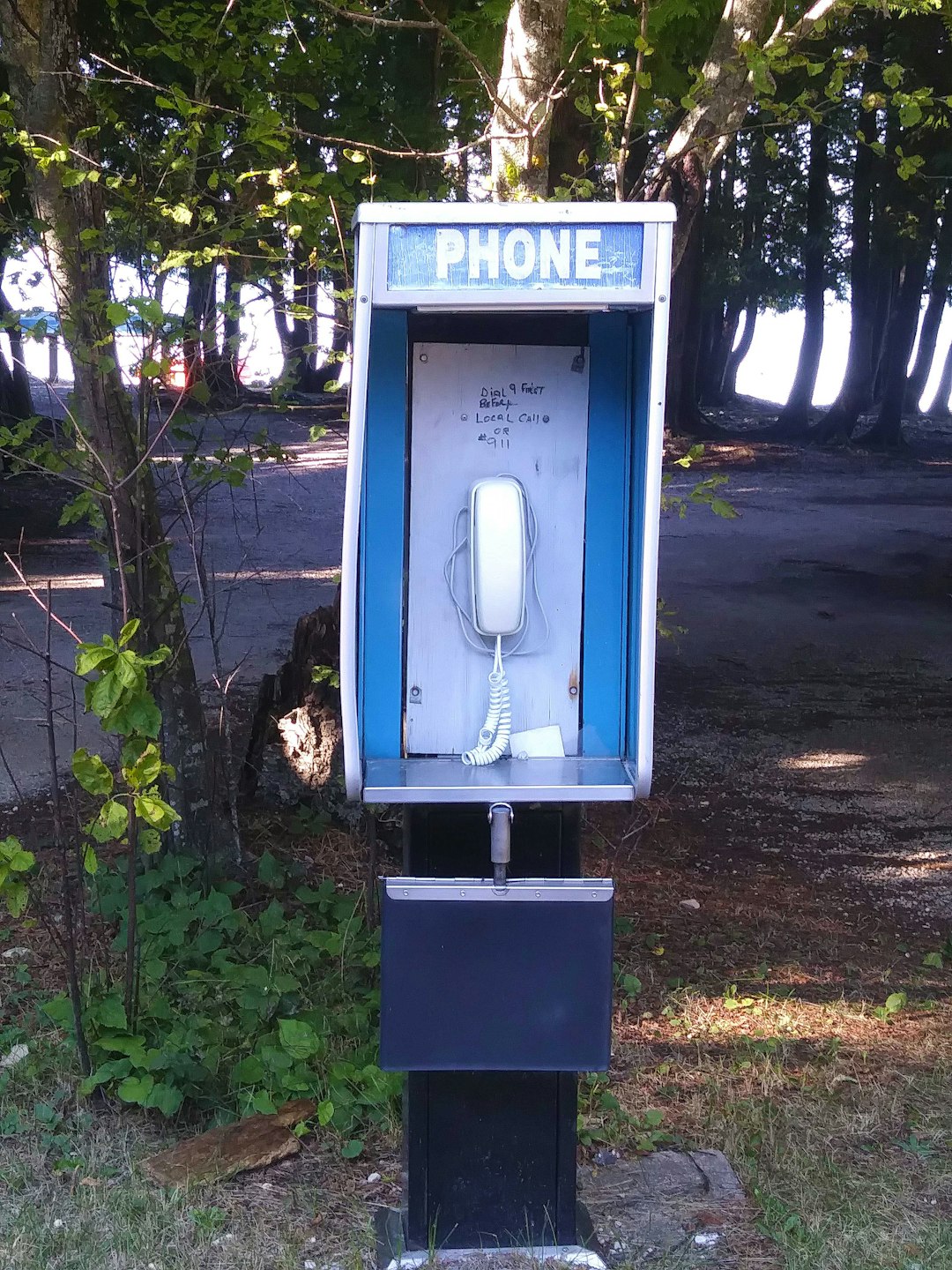In Maine, robust legal protections are in place to safeguard consumers from abusive debt collection practices. The state's Debt Collection Practices Act and Spam Call law, enforced by the Attorney General's Office, prohibit harassment and deceptive tactics. Consumers can opt-out of unsolicited calls through the Do Not Call registry and report violations for potential fines against debt collector lawyers. The Attorney General provides legal assistance, manages Do Not Call lists, and investigates complaints, ensuring compliance with debt collector laws to protect Maine residents from aggressive collection methods.
In Maine, the role of the Attorney General is pivotal in regulating debt collection practices, ensuring fairness for both consumers and debt collectors. This article explores the intricate legal framework surrounding debt collection within the state, delving into the specific responsibilities of an Attorney General in these cases. We also examine the impact of anti-spam call laws on debt collectors, highlighting how they protect consumers while maintaining ethical debt recovery methods. Key terms: debt collector lawyer Maine, debt collector attorney Maine, spam call law firms Maine, debt collector laws Maine, debt collector lawyers Maine, do not call law firms Maine.
The Legal Framework for Debt Collection in Maine

In Maine, the legal framework governing debt collection is a critical aspect of protecting consumers from aggressive or unfair practices. The state has specific laws in place to regulate how debt collectors, including law firms specializing in this area, operate within its borders. These regulations are designed to ensure transparency, fairness, and respect for individual rights. According to Maine’s Debt Collection Practices Act, debt collectors must adhere to strict guidelines, such as prohibiting abusive or harassing behavior, making false statements, or using deceptive tactics to retrieve debts.
Additionally, the state has implemented a robust Do Not Call registry, similar to federal initiatives, which allows residents to opt-out of unsolicited phone calls, including those from debt collection agencies. This law, often referred to as the Spam Call law, empowers Maine residents by giving them control over their communication preferences. Consumers who believe they’ve been violated by debt collectors or law firms can file a complaint with the Maine Attorney General’s Office, which plays a pivotal role in enforcing these debt collector laws and protecting the rights of state citizens.
Responsibilities of an Attorney General in Debt Collection Cases

The Attorney General in Maine plays a pivotal role in overseeing and regulating debt collection practices within the state. They are responsible for ensuring that debt collectors adhere to the strict laws and regulations put in place to protect consumers from aggressive or unfair tactics. This includes monitoring and investigating complaints related to debt collection, taking legal action against violators, and offering guidance and education to both debt collectors and consumers alike.
In terms of specific duties, the Attorney General’s office in Maine enforces laws such as the Spam Call law, which restricts unsolicited telephone calls for debt collection purposes. They also oversee the implementation of Do Not Call lists, ensuring that debt collectors respect consumer privacy and preferences. Additionally, they provide legal support to consumers who have been subjected to harassing or illegal debt collection practices, offering a crucial resource for those seeking justice and relief under Maine’s debt collector laws.
Protecting Consumers: Anti-Spam Call Laws and Their Impact on Debt Collectors in Maine

In Maine, the role of the Attorney General’s office extends to safeguarding consumers from aggressive and unlawful debt collection practices. One significant aspect is the enforcement of anti-spam call laws, which have a profound impact on how debt collectors operate within the state. These laws are designed to protect residents from unwanted and intrusive phone calls, particularly those related to debt collection. Debt collector lawyers in Maine must adhere to strict regulations, including obtaining explicit consent before initiating contact and respecting consumer requests to stop calling.
The Do Not Call law firms in Maine play a crucial role in ensuring fair practices by debt collectors. If a debt collector lawyer fails to comply with these laws, they may face legal consequences. This includes monetary fines and other penalties. Consumers who believe they have been victimized by spam call debt collectors can seek redress through the Attorney General’s office, which actively investigates complaints and takes appropriate action. By implementing and enforcing such laws, Maine aims to create a more transparent and consumer-friendly environment in the realm of debt collection, empowering residents to take control of their financial interactions.






